Description
ABSTRACT
Enforcement of International Customs on Expropriation of Foreign Properties and the Plight of Developing Countries
Professor U. S. Nnabue and Onyema Otitodiri*
Article 38 (1) of the Statute of the International Court of Justice provides a list of the sources of international law as follows:
- International conventions, whether general or particular, establishing rules expressly recognized by the contesting states;
- International custom, as evidence of a general practice accepted as law;
- General Principles of Law recognized by civilized nations;
- Judicial decision and the teaching of the most highly qualified publicists of the various nations, as subsidiary means of determination of law.1
In the same way, Clause 2 of the Article provides for the settlement of disputes ex aequoet bono which means ‘in keeping with equity and good conscience’ as a subsidiary sources of international law.2
In terms of its actual use, the Article has been a ready guide for practitioners in the determination of the sources of international law, to gauge the pulse of the law.3 A part from international custom, it has been stated that peremptory norms of international law are accepted and recognized by the international community as a whole and there can be no derogation whatsoever from them.4 The fact that peremptory norms are prevalent in customary rules means that developing countries are also expected to be bound by them even when they have not consented to those norms. However, the foundation stone of international law is the protection of sovereignty and the equality of states. Hence, it has been postulated that economic sovereignty is tied to economic emancipation.5
The Statute of the ICJ wherein international customary law was provided as a source of international law was drafted view of the World order at the end of the Second World War when a number of the present developing countries were still under colonial rule. Article 36 emphasizes a consent-based legal system that hinges upon voluntary action. In reality, states are often bound by norms that they have not explicitly consented to, particularly, the jus cogens. In theory, states are bound to follow only those norms that they consent to, whether by signing a treaty or by believing that a custom binds them.6 This in a nutshell emphasizes the importance that when the developing countries consent to the existing international custom or when a particular international custom emanates from established practice to which they are parties, there will not be any controversy regarding such international custom as a peremptory norm of international law which the developing countries will willingly accept. Indeed, some of the international customs have colonial exploitative or neocolonialism tendencies such as payment of compensation in cases of expropriation of foreign properties. The developing countries were invariably burdened with debts, concessions, servitudes or commercial arrangements from colonial periods.7
This article examines the enforcement of International Customs on Expropriation of foreign properties and the plight of developing countries. The sources of the law are fraught with irregularities and questions still remain. Although Article 38 of the statute of ICJ has helped to define international law as a discipline distinct from politics and international relations, it has fallen short of seeing the process through. As dynamic as society is, law needs to be one step ahead to ensure that there is a means to keep actions and omissions in check.
* Professor of Law, Faculty of Law, Imo State University and Lecturer, Faculty of Law, Imo State University.
- Summary of Customary International Law and Jus Cogens as Pertains to Juvenile Offenders; (2003/2004) accessed 2 December 2014.
- See Article 38 of the 1946 Statute of the International Court of Justice (ICJ). See also Article 50 of the Vienna Convention on the
Law of Treaties 1969. - Jayakumar, K., ‘Where Does Article 38 Stand Today?’ accessed 3 December 2014.
- ibid.
- Nnabue. U S F ‘The Dialectics of International Development Law and the Dilemma of Underdevelopment in the Developing
Countries’ (Inauugural Lecture by Imo State University Press, Owerri, Serial 8, 2012) 34 - Jayakumar K, ‘Where Does Article 38 Stand Today?’ (n 3).
- See Anand R P, ‘Role of the ‘New’ Asian Countries in the Present International Order’ (1962) 56 AJIL 384-5 cited in Umozurike.U
O, Introduction to International Law, (2nd edn, Spectrum Books Limited, Ibadan1999) 20.

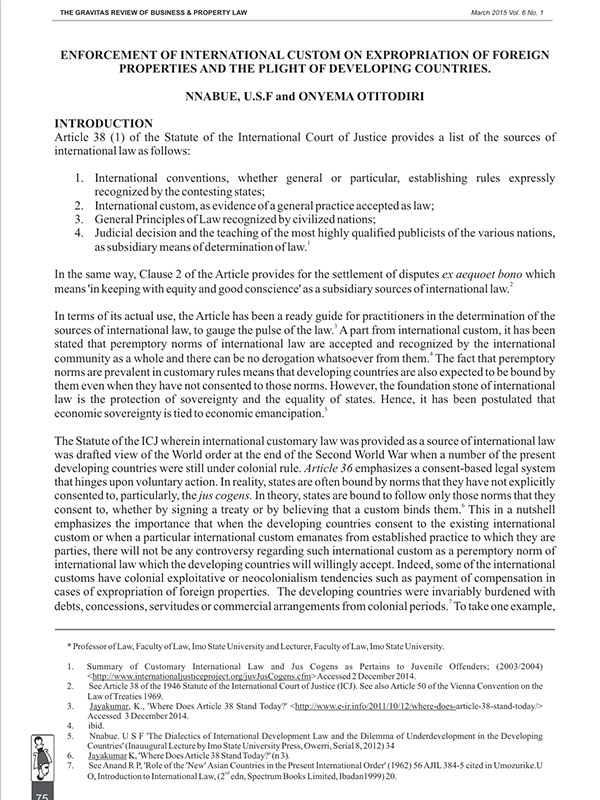
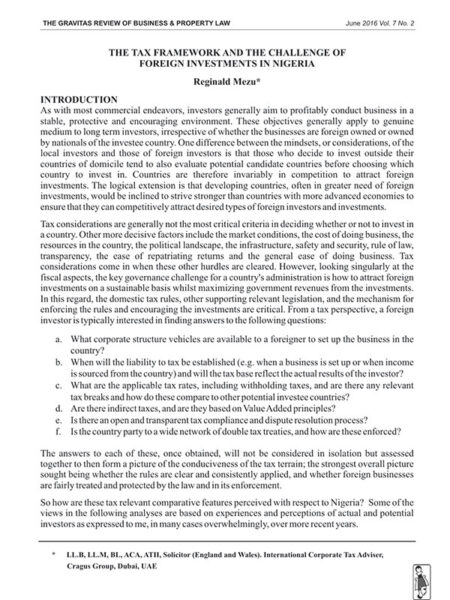
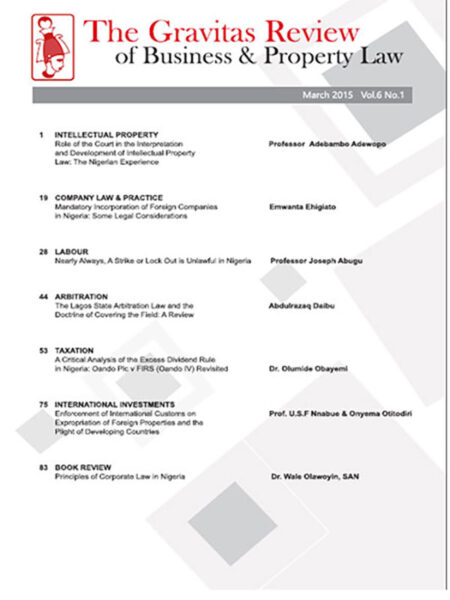
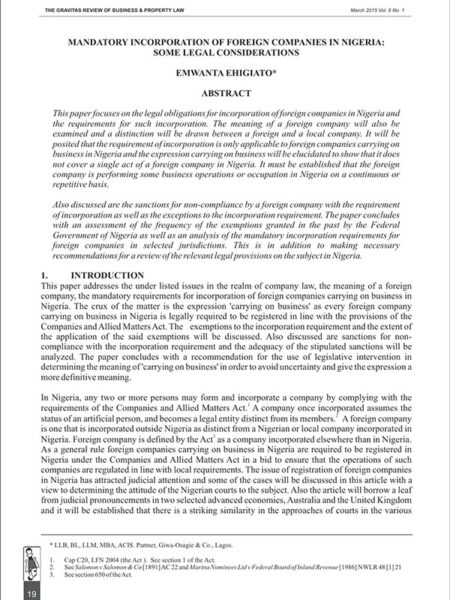
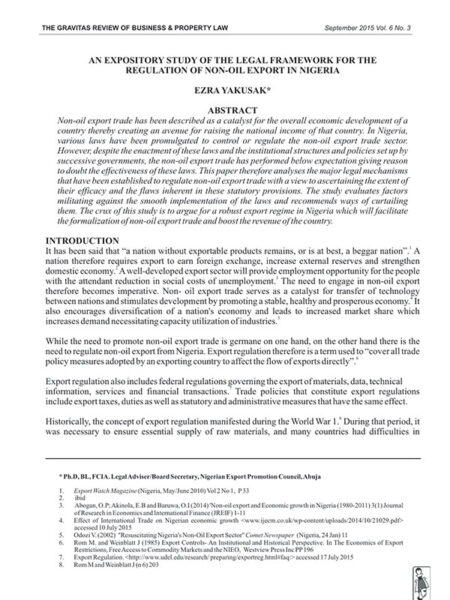


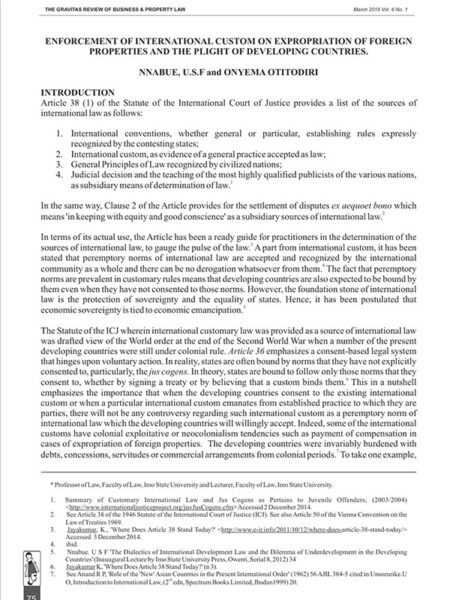
Reviews
There are no reviews yet.